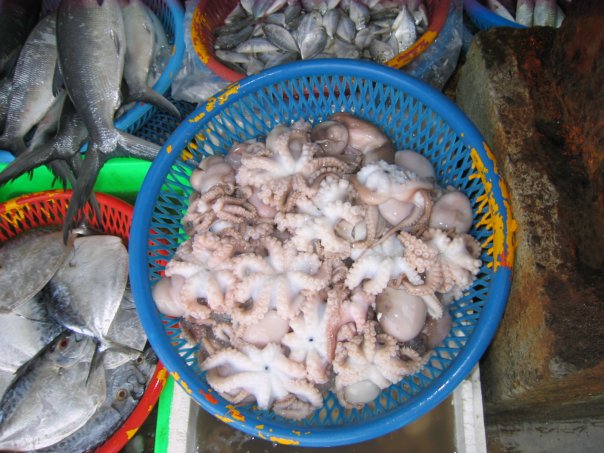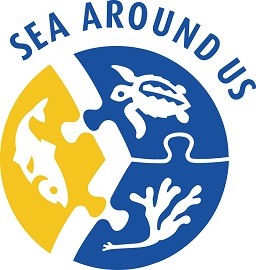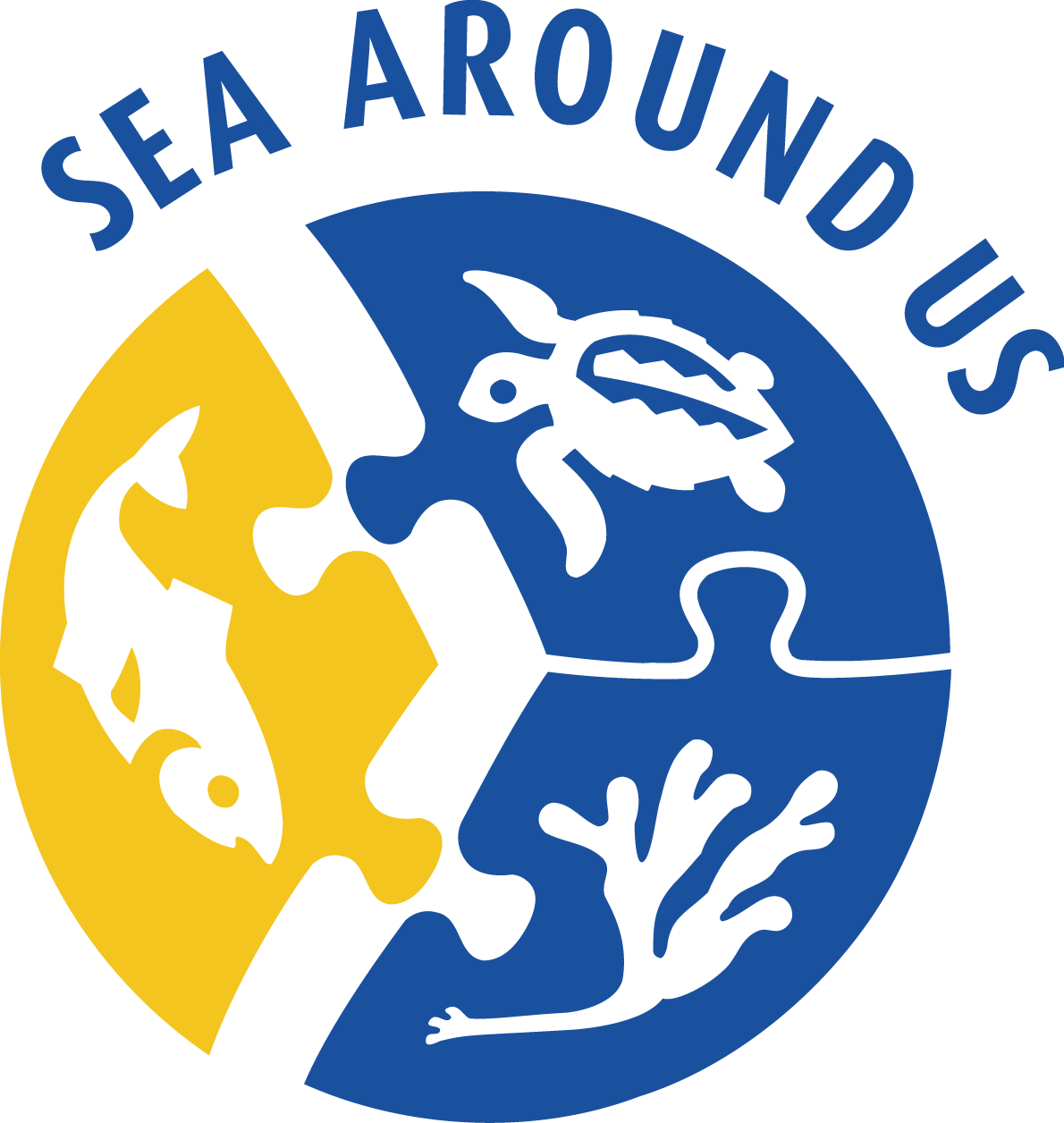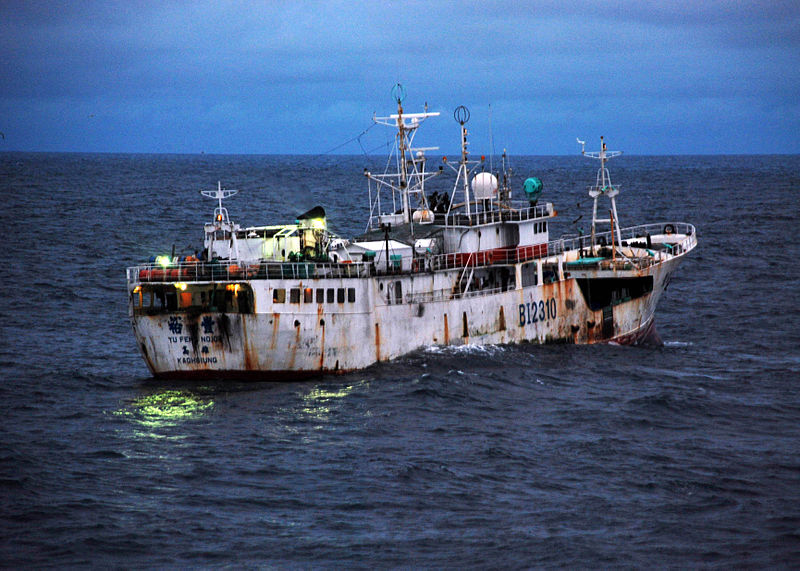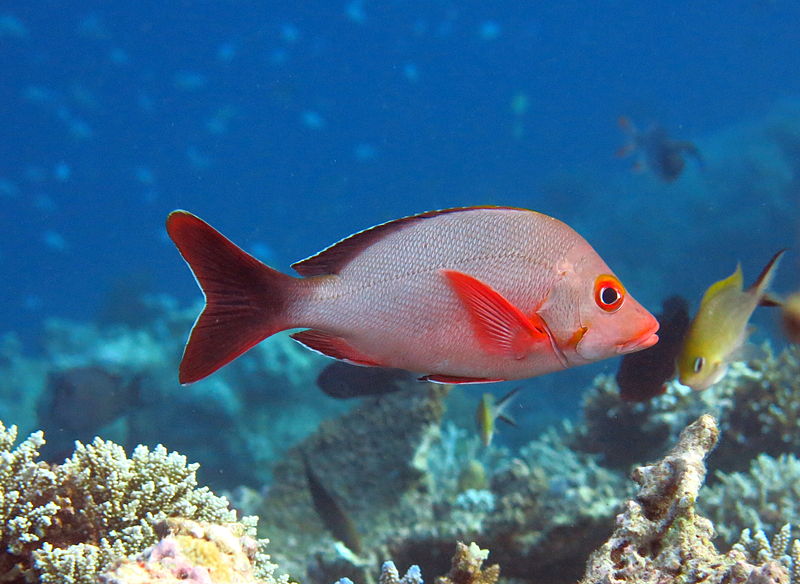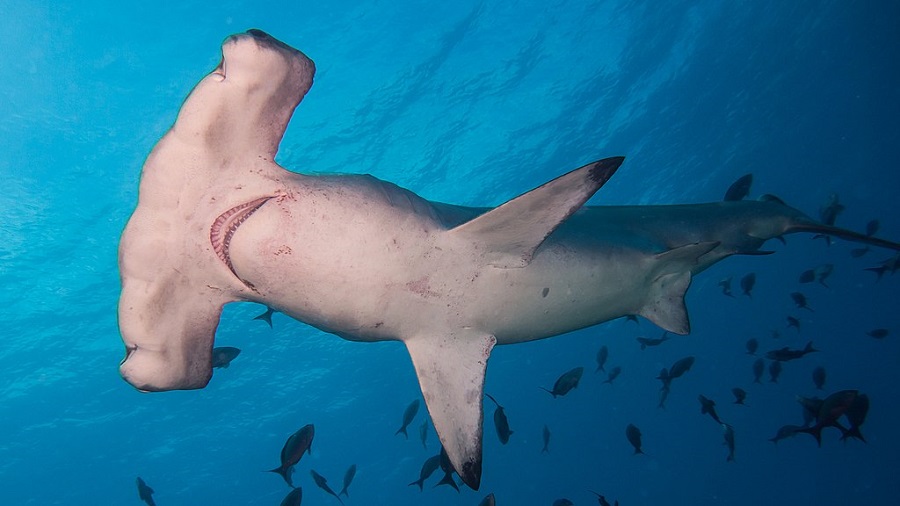Fish market favourites such as orange roughy, common octopus and pink conch are among the species of fish and invertebrates in rapid decline around the world, according to new research.
In the first study of its kind, researchers from the Sea Around Us initiative at UBC, the GEOMAR Helmholtz Centre for Ocean Research Kiel and the University of Western Australia assessed the biomass —the weight of a given population in the water— of more than 1,300 fish and invertebrate populations. They discovered global declines, some severe, of many popularly consumed species.


